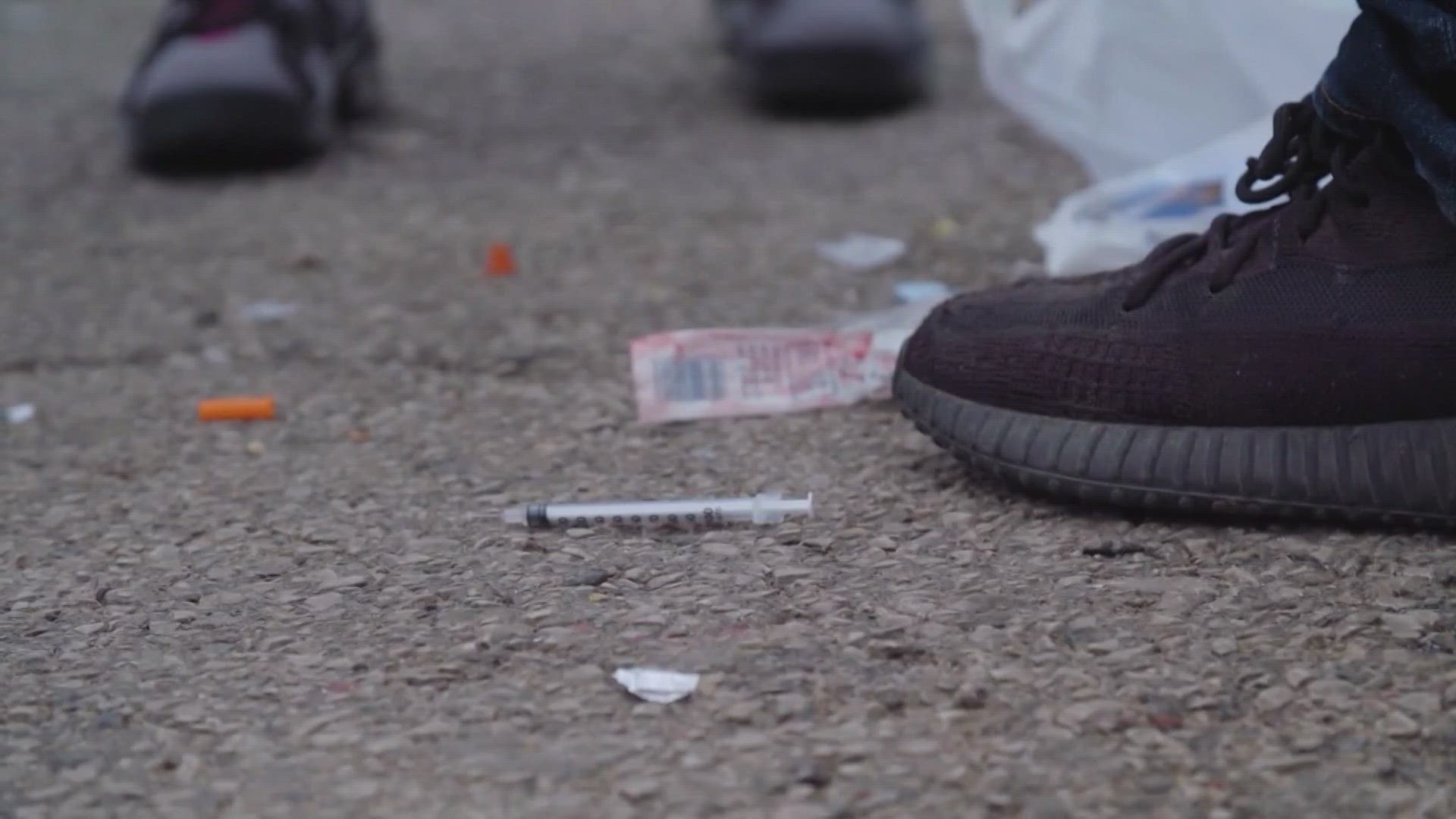SEATTLE — Prosecutors and judges across the state are preparing for the state’s new drug possession law to go into effect on July 1.
That includes Seattle City Attorney Ann Davison. She along with Councilmembers Sara Nelson and Alex Pedersen are proposing legislation that would change the city’s code and bring Seattle in compliance with state law. The proposal will also give Davison the authority to prosecute drug possession and public drug use cases.
“I am the misdemeanor prosecutor for the City of Seattle. That's why the voters put me here,” Davison said.
“If it doesn’t happen, then it will essentially legalize drug use in the City of Seattle and that’s not what I think most people are wanting to see,” Davison said.
According to the Seattle City Attorney’s Office, there were 589 overdose deaths in Seattle in 2022, up 72% from 2021.
“It also is really important to see that this is where we can meaningfully intervene with people and make sure that we are getting people into treatment and recovery. That is the goal of everything we're doing in this space,” Davison said.
That’s the goal of the state too. The new state drug possession law creates a system for pre-trial diversion programs meant to keep people out of jail and in treatment.
Davison said the city has programs already available and is looking into expanding.
Prosecutors have the final say on who goes into the diversion programs, but according to the law, prosecutors are strongly encouraged to.
“I think we’re pretty well equipped to handle an influx of cases,” said Judge Jeffrey Smith, president-elect for Washington District and Municipal Court Judges Association.
Smith said there are 60 therapeutic courts already in place and vary with some focusing on mental health or veterans.
“We already see a lot of folks who are dealing with drug issues in our therapeutic courts as it is today,” said Smith.
The court monitors a person’s treatment and compliance, Judge Smith who oversees mental health and DUI court in Spokane said.
“The basic philosophy of the therapeutic court is that it is a problem-solving court.
The whole purpose of a therapeutic court is to get to the root of the problem, and help them become the best version of themselves and be successful long term,” said Smith.
The state’s drug possession law goes into effect July 1. The Seattle City Council will vote on proposed legislation on June 6.

